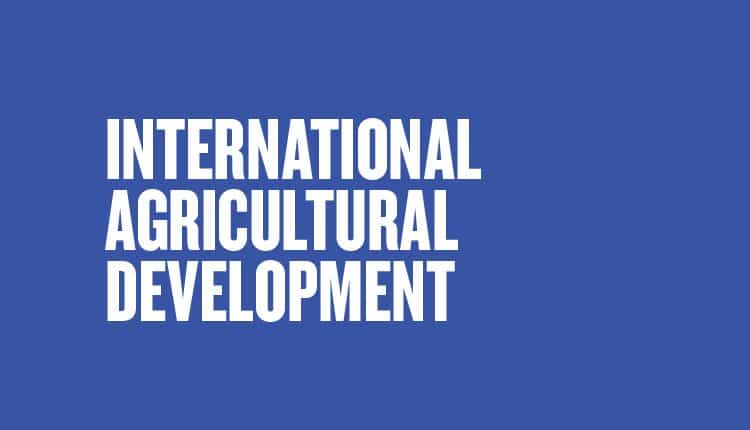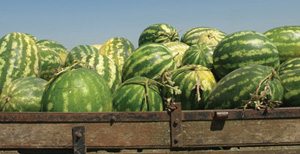Vegetable seed production in lesser-developed countries yields tough challenges and is often viewed as an untenable risk. Yet, there’s a local need and desire for high-quality seed.
Local, regional and national companies striving to kick-start and develop their seed industries hardly can be faulted, as they may simply lack the general capacity to take on such challenges. Nor should multinationals be faulted for being profit-driven. In many cases, they already have a portfolio of varieties that, if imported in specific regions, meet local needs.
As countries around the world aim to transform their seed industries, many look to the United States — not to mimic, but as a means to gain a richer perspective.
Privatization within the U.S. has long been viewed as positive. Robust competition has generated a panorama of options for farmers and consumers and opportunities to make profits for the broad array of companies comprising the seed industry. The U.S. experience, past and future, will likely have great relevance as others struggle to develop, attain functionality and ultimately trend toward maturity.
Agricultural development can be a messy process, and one size does not fit all.
Many small companies grapple with the decision of being a reseller of seed imported by others or being a seed importer. Viewing direct importation as a means of building a more viable seed business and garnering greater profits sounds great, but getting there can be an uphill battle.
Resellers often feel that varieties available through importers might not best serve their farmers. They cite susceptibility to specific diseases or insects and poor adaptability to local environments. Also of concern are the lack of maturity offerings, timely availability of seed during the selling season and pricing.
Yet, the value of an established and reputable seed importer should not be discounted. Importers provide a suite of services beyond that of the seed itself. Existing importers have overcome a number of hurdles that often prove to be most difficult for aspiring importers.
Small companies might have many reasons for wanting to become a direct seed importer. It might be to gain more day-to-day control of their business, or to retain a larger portion of farmer seed sales revenue or the opportunity to supply other resellers.
I caution companies to not overlook five seemingly innocuous challenges that could result in failure: The import license process; integrity and business acumen of their representatives; language fluency among all parties; capability of those sourcing seed for importation; and functionality of the communications channel.
Finding representatives or partners that have capability, integrity and business acumen may well be the easiest part. Dealing with and managing the bureaucracy, language challenges and communication channels may be among the most difficult.
Don’t underestimate the degree of difficulty required to identify, prioritize and accomplish important tasks; the magnitude and intensity of time required of key personnel to accomplish critical tasks in a timely manner; and the monetary cost, including “cost of lost opportunities.”
Becoming an importer may be a means, but certainly is not an end, to building a vibrant business. Newly designated importers must capitalize on their ability to offer direct imported seed to farmers while continuing to build their core business.













